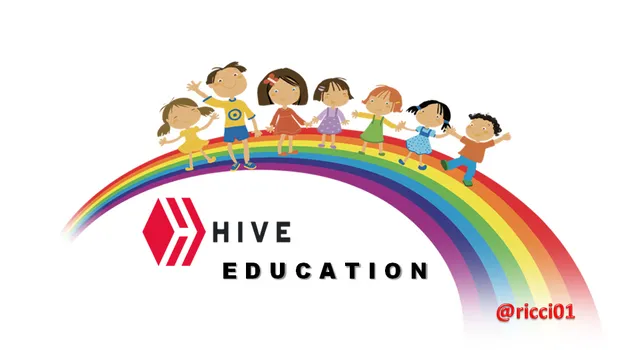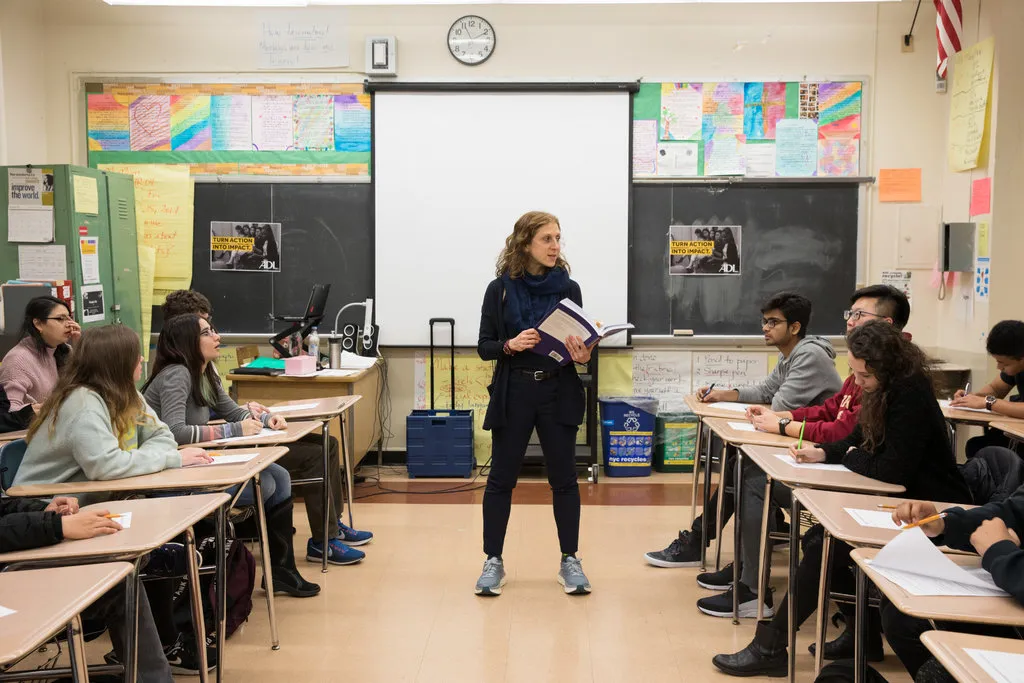In adolescence, a series of biosocial cognitive and psychosocial changes of special relevance take place that is very important for educational action.
Adolescence is a transitional period between childhood and adulthood. This stage consists mainly of the process of identity formation in individuals, and for this
have to organize their abilities, needs and interests in a way that they can express them socially
Before this transition period of adolescence, what is the role of the school?

Within this order the teachers at heart committed to our mission strive to promote a constructivist school because we understand that it is essential to adapt the school organization to the psychological and social development of our students with the sole purpose of basing our teaching task on their abilities and thus contribute to the development of critical and autonomous adult individuals within society.
According to Piaget (1985), “the fundamental character of
adolescence is the insertion of the individual in the society of adults ”.
In this sense, the school constitutes an educational setting that must offer its adolescent students an open and flexible social framework in which supportive interaction is encouraged that favors the consolidation of the students' self-confidence, that is, the school must be a means that generally facilitates the optimal development between the subject and his environment.

From the psychological perspective according to Erickson (1968), a psychoanalytically oriented psychologist who has analyzed in depth the development of identity, during the life cycle individuals face "psychosocial crises" due to the opposition between the social biological and psychological demands. It is precisely during adolescence when trying to achieve a coherent identity, where others become important not only as sources of identification, but also as agents that help to find the "true self". But in this attempt to achieve that coherent identity, some adolescents may find it difficult to form a concept of themselves that is realistically coupled with their personal characteristics and the demands of the environment. Hence, an "identity crisis" or "identity diffusion" can manifest itself, which gives rise to certain behaviors of disorientation, rejection or apathy, generating isolation behaviors, inability to plan the future, adoption of negative roles in opposition to authority or little concentration in the study, among other things.

Returning to Erickson's expression, it can be deduced that it is precisely at the stage of adolescence when the person really tries to achieve a consistent identity and the other people around him are an important part of this identity, but not all of them reach it. They lose in the attempt, for which adults and teachers must look for the necessary tools to help them find their own self.
It is in this process of becoming an adult, in which new roles and expectations are adopted towards life, adolescents tend to seek emotional independence from parents and other adults. Therefore their relationships with adults and in particular mothers and fathers and teachers can be confrontational and conflictual. Despite the magnitude of the conflict, although it depends on many factors, it is assumed that it has a lot to do with the family educational style that is used.
It is important to point out that conflicts constitute a normal characteristic during the first years of adolescence and that, from a psychological point of view, it is necessary to help children to acquire independence and confidence in themselves and apart from their parents and their environment School is the key to helping them on their way in the search for identity since we all know that this is a difficult and conflictive stage and during this stage of life, friends and colleagues also acquire special meaning since they play an important role in Psychological Support.
It is also important to note that in addition to school, other social environments are an important part that exert a certain influence on adolescents, since each student at different stages of their academic training accepts or despises certain behaviors.
For this reason, the student may suffer from anxiety or stress, which tends to cause learning difficulties. As adolescent students grow up, they become frustrated with problems of the following types: Acceptance, self-esteem, depression
lonely feeling

It has been shown that adolescents today live an "identity crisis" where the immediate intervention of all social processes is necessary and although identity is configured throughout the life cycle of the individual, it is in adolescence where it is most popular. It is in the adolescence stage that boys and girls need good guidance, understanding and attention.

In this context, guiding the process of the adolescents' stage directed towards the search for their identity is conducive to facilitating the possibility that the most authentic values are reflected in the context of themselves and thus they can discover their personality.
Adolescents experience secondary schools as part of the changes they are experiencing, and it is in schools where they acquire autonomy where they in turn build part of their learning What we must keep in mind is that they are active subjects who build their own knowledge the result of personal development and an internal thought process.
Therefore, professors and professors must reflect on the widespread idea that students are passive beings whose intelligence is a void that must be filled with knowledge through the simple transmission of data by those we know to those who do not you know.
In this way, we consider our students as dynamic builders of their own knowledge that they go to school to reflect on their knowledge, enrich it and develop it, the objectives that guide our teaching work must be re-examined and try to reorient our adolescents in order to help them meet their identity and that they are fully autonomous and free in the best principles and values.
If we teachers must be attentive to something, it is to the correct care and precise attention of this very important stage in the action of boys and girls because our role is of utmost importance in the development of search towards the adult stage.
Consulted bibliography: blog.colegioamadonervo, notebook of the educational reform.





